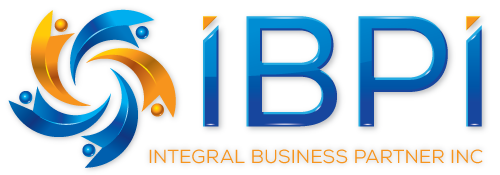The quest for fairness and objectivity in hiring is an ongoing challenge within the staffing industry. Unconscious biases, whether based on gender, race, age, or other factors, can inadvertently influence hiring decisions, leading to less diverse workplaces and potentially overlooking talented candidates. Artificial Intelligence (AI) offers promising solutions to mitigate these biases, aiming to create a more equitable hiring process.
Understanding Unconscious Bias
Unconscious bias in hiring can manifest in various ways, from the wording of job advertisements to the evaluation of resumes and the conduct of interviews. These biases are not always overt or deliberate but can significantly impact the diversity and inclusivity of the workplace. Recognizing and addressing these biases is the first step toward creating a fairer hiring process.
AI’s Role in Mitigating Bias
AI can play a crucial role in reducing unconscious bias by providing tools and systems designed to focus on candidates’ skills, experience, and potential rather than subjective criteria. For instance:
- Job Advertisements: AI tools can analyze job descriptions and suggest language changes to make them more neutral and appealing to a broader range of candidates, avoiding gender-coded words that may deter applicants of a certain gender.
- Resume Screening: AI-powered screening tools can be programmed to ignore demographic information such as names, gender, age, and educational background, focusing instead on skills, experience, and qualifications. This helps to ensure that the shortlisting process is based on merit rather than unconscious biases.
- Structured Interviews: AI can also assist in creating structured interview guides that focus on competencies and job-related questions. This standardizes the interview process, reducing individual interviewers’ bias and making candidate evaluations more consistent and fair.
Challenges and Limitations
While AI offers significant potential to reduce bias, it is not without its challenges. AI systems are only as unbiased as the data and algorithms they are built on. If historical data or biased human decisions inform these systems, they can perpetuate or even exacerbate existing biases. Regular auditing, transparent methodologies, and continuous refinement of AI systems are essential to ensure they contribute positively to bias reduction.
Ethical Considerations and Transparency
Transparency in how AI tools are used in the recruitment process is crucial for maintaining trust among candidates and ensuring accountability. It’s important for staffing agencies to communicate clearly about the role of AI in their hiring processes and the measures taken to ensure these tools are used ethically and fairly.
The Human-AI Partnership
Ultimately, the most effective approach to reducing bias in hiring combines AI’s capabilities with human oversight. AI can provide valuable support in identifying and mitigating potential biases, but human recruiters and hiring managers play a crucial role in interpreting AI recommendations, ensuring fairness, and maintaining the human touch in the hiring process.
Looking Forward
As AI technology advances and becomes more integrated into staffing and recruitment processes, its potential to help reduce unconscious bias in hiring is significant. By leveraging AI tools thoughtfully and ethically, the staffing industry can take important steps toward more diverse, inclusive, and equitable workplaces.
In conclusion, leveraging AI in the fight against unconscious bias in hiring presents a promising avenue for creating fairer recruitment processes. With careful implementation, ongoing monitoring, and a commitment to ethical practices, staffing agencies can harness AI’s power to make significant strides towards more inclusive hiring practices.
